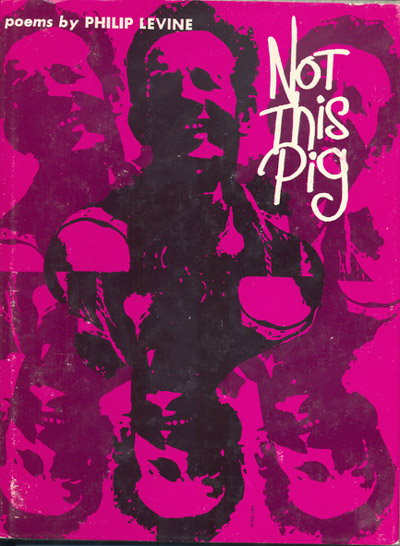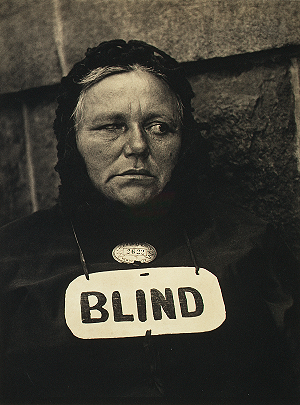I will not snap a selfie with my ballot on Nov. 8. I voted two weeks ago. I’ve paid close attention to this election all year. Uncharacteristically, I have avoided speaking about it in public. Then I read this stark challenge in a Washington Post editorial: “When the republic was in danger, where did you stand? History will ask that question.” I doubt my words will change anyone’s vote now, but for the sake of history, I need to explain my decision.
I am a voter with a disability. The disability began in 1973, the same year I became eligible to vote. Looking back, I know I was fortunate to come of age then, just as disability rights emerged as a political movement. In that movement I learned how to make a political statement when I said publicly, “I am a person with a disability.” It was an affirmation, a commitment to working for equal rights and opportunities in a society flexible enough and tolerant enough to embrace the vast diversity of human capability and experience.
In 1984 I was inspired when Jesse Jackson told the Democratic National Convention, “I’d rather have Franklin Roosevelt in a wheelchair than Ronald Reagan on a horse!” In 1990 I was proud to go to the White House to witness the signing of the Americans with Disabilities Act, when President George Bush said “Let the shameful wall of exclusion finally come tumbling down.”
Now it’s 2016, and one of the candidates for President is boasting about building walls, not tearing them down. Inclusion versus exclusion is a central metaphor, and people with disabilities have achieved a dubious status in the political debate. Hilary Clinton includes us in every stump speech when she invokes an America that will be “stronger together.” And Donald Trump includes us in the long list of “losers” whom he disparages and disrespects from his bully pulpit: immigrants, Muslim-Americans, African-Americans, women, even war heroes.
Trump revealed his true attitude about disabled people at a 2015 rally in South Carolina when he mocked the speech and gestures of New York Times reporter Serge Kovaleski, who has a neuromuscular disability. The video clip of Trump’s cruel performance provoked immediate public outrage. Excerpts cycle repeatedly in election news stories and Clinton campaign ads, so you’ve probably seen it. If not, excellent documentation, context and analysis was published Aug. 2 in a Washington Post Fact Checker.
After the “Role Models” ad was released in July, Trump felt compelled at another rally to excuse his imitation of Kovaleski. He wasn’t mocking the reporter’s disability, he said. He was mocking his “groveling.” Trump repeated the words “grovel” and “groveling” nine times in the span of a few seconds so everyone could hear his dog whistle: groveling is what disabled people do.
A Bloomberg Politics poll published later in August found Trump’s mockery of the disabled reporter to be the single-most-disliked moment of his campaign. That was two months before the Access Hollywood tape surfaced in October. It captured a rare moment of candor in which Trump bragged about his prowess as a celebrity sexual predator.
After I listen to the Trump tapes, two takeaways haunt me. First, Trump’s performances embody humiliation rituals that reinforce his sense of power and superiority. He needs to belittle others so he can feel big. Second, he needs the complicit laughter of his audiences, from Billie Bush at Access Hollywood to the seething mobs at his rallies, to feed a bottomless need for attention. This guy is a bully. We know all kinds of people he would throw under a bus to get a laugh. Then the next day he would tweet, “Just kidding.”
Some partisans say Trump’s behavior is simply a shtick, not how he would govern. He’s being politically incorrect, the argument goes. He’s telling it like it is. Let Trump be Trump. To them I offer the final lines of W. H. Auden’s poem “Epitaph on a Tyrant”. It was written in the 1930s for an earlier generation of demagogues, bullies and narcissists:
When he laughed, respectable senators burst with laughter,
And when he cried, the little children died in the streets.
This election is no joke. Donald Trump should not be given a bully pulpit of any kind. He must never be entrusted with the powers and responsibilities of the Presidency of the United States.
For this voter with a disability, the choice is clear. I’m with her. I’m with her for the most important reason: she is not him.
![gustave_caillebotte_paris_street_rainy_day Gustave Caillebotte. Paris Street, Rainy Day (La Place de l’Europe, temps de pluie). 1877. Oil on canvas. Art Institute of Chicago. [Source: Wikimedia Commons]](../../../../wp-content/uploads/2009/02/gustave_caillebotte_paris_street_rainy_day_1877_wiki.jpg)
![Fog at Isle Royale [Source: wildmengoneborneo.com] Fog at Isle Royale [Source: wildmengoneborneo.com]](../../../../wp-content/uploads/2008/04/isle_royale_fog.jpg)
 If there is an emerging genetic underclass, I could run for class president or class clown. Read more in
If there is an emerging genetic underclass, I could run for class president or class clown. Read more in 
